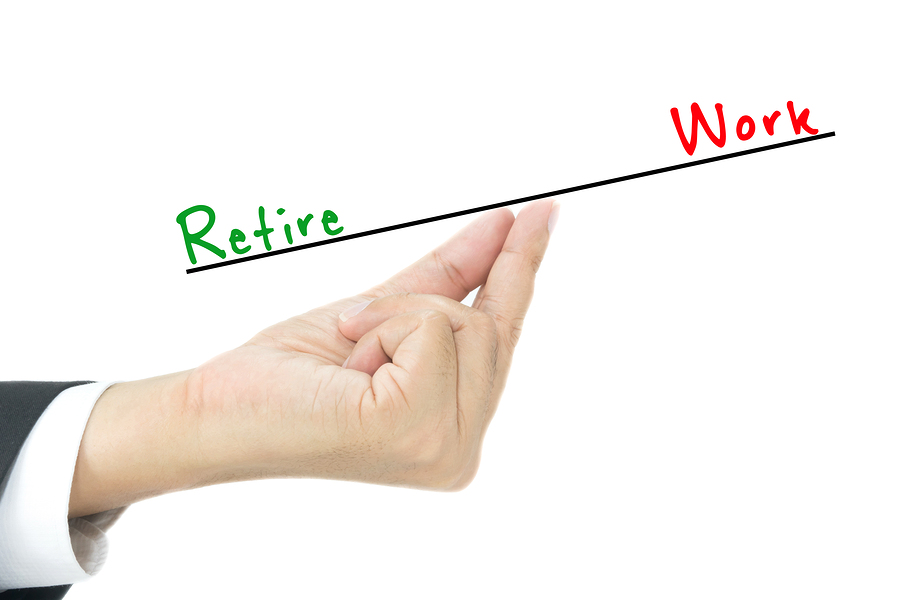Everyone wants to have a fulfilling and less burdensome retirement, but one has to face the reality that not everyone can experience this. That is why planning your retirement ahead is very crucial. There are times when even the most prepared people face the financial setbacks that prevent them from saving enough for their retirement. These derails can be in the form of bills and emergencies that have to be tended to. Planning ahead may help but it is not enough to guarantee certainty.
According to Real Deal Retirement, there are three ways to eliminate the possible setbacks while preparing for your senior years; thus, not letting any disruption derail your retirement plans.
1. Consider alternate realities.
Forecast the possible scenarios. No one can really tell what is going to happen before or after your senior years, but you can forecast the things that can possibly happen. By doing so, you can prepare yourself for the possible setbacks of each forecasted scenario before reaching your senior years.
2. Create a safety margin.
If there are inevitable circumstances that happen while you are saving for your senior years, you must have had a plan that is flexible enough to handle all the possible setbacks and damages that these circumstances may cause. Some people try to increase their savings through investment. It is important to know your risk tolerance level. The risk tolerance refers to the amount of money you can bear to lose for investment, such as the money invested in stock market.
It is recommended to keep a percentage of your salary for your retirement while you are still young or strong enough to make money. It is always advisable to prepare for any expense through budgeting. Forty-four percent of the TD Ameritrade’s pollsters answered that saving money helped them recovered from financial disruptions and the other 36% answered that it is by getting an earlier start in saving money that helped them recovered from financial setbacks.
3. Take action quickly.
If you suddenly encountered a disruption on your retirement plans, it is important to take an immediate action. Cut on your expenses and enhance your savings. Proper budgeting is one of the key factors to help you use your money wisely. Just in case an emergency happens and you need to use one of your untouched savings, your retirement savings must be placed as the last resort.
It is important to part some of your budget for emergency and health so that these will be the first ones that you can spend when an emergency happens. If there is really a need for you to use your retirement savings, it is recommended to pay your tax and penalties first. As much as possible, do not use all of your retirement savings to pay for your debts and other expenditures.
The general rule is to reduce the amount of expenditures and save more. If you are one of the lucky people who earn a good value on their paycheck, it is still recommended for you to be prepared for all the possible setbacks because there is no harm in preparing for your senior years.


